“The fight against antisemitism must take precedence over political commitments at home and in Germany,” wrote Slomó Köves in his open letter to Olaf Scholz. The chief rabbi of the Jewish association, EMIH (an affiliate of Chabad-Lubavitch in Hungary), asked the German chancellor whether he could imagine the antisemitic statements from Péter Márki-Zay (opposition alliance PM nominee) and Márton Gyöngyösi (Jobbik MEP) being uttered in Germany? Magyar Nemzet contacted the German chancellery in connection with the letter and will report if we receive an answer.
“Even if the German governing coalition is sometimes critical of the current Hungarian government, this is not
a free pass for antisemitism in the current alliance that means to form the next Hungarian government. To me, consistency means fighting all forms of antisemitism, not just those committed by our political opponents.”
– wrote chief rabbi Slomó Köves in his open letter to German Chancellor Olaf Scholz. The letter, dated in February, was published in the German monthly, Jüdische Rundschau on Thursday. In his writing, Köves states that he has turned to Scholz, as well as the German public sphere and German Jewish community, because previously, Germany could “draw red lines” in cases of antisemitism.
Now however, the rabbi believes that the inconsistency allowed to certain Hungarian public figures is inseparable from the duplicity found in Germany today.
“The inconsistencies of the German perspective weaken the strength of the common fight against antisemitism throughout all of Europe which should outlast transitory political interests.”
The chief rabbi believes the German inconsistencies in the fight against antisemitism are not only a threat to just Germany, but to all of Europe as well.
Yet, as Slomó Köves writes, Germany had previously continuously demonstrated its commitment to European Jewish communities for decades; they were also consistent in fully supporting Israel and always stepping up against all forms of antisemitism.
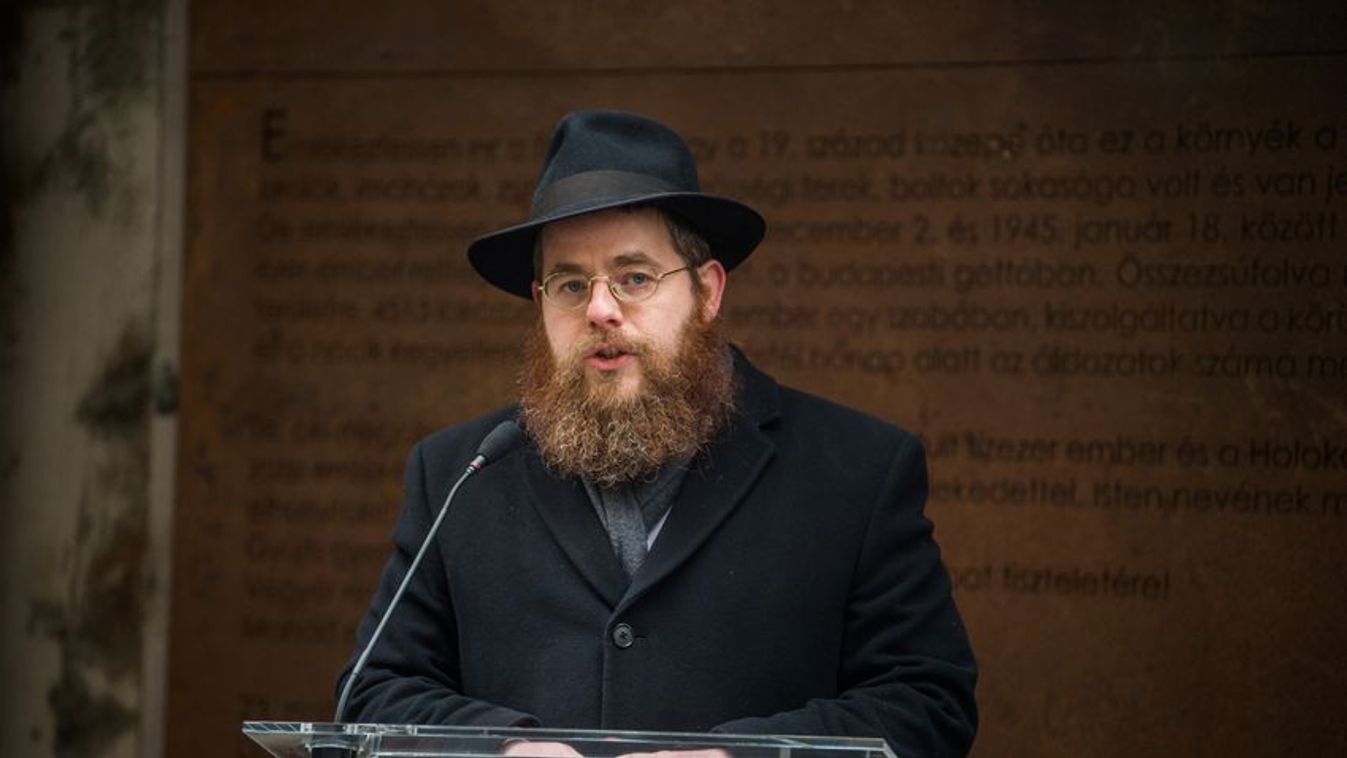
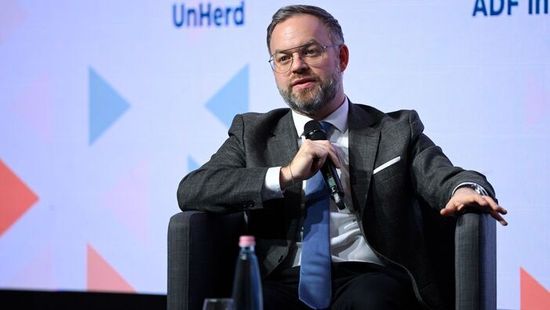

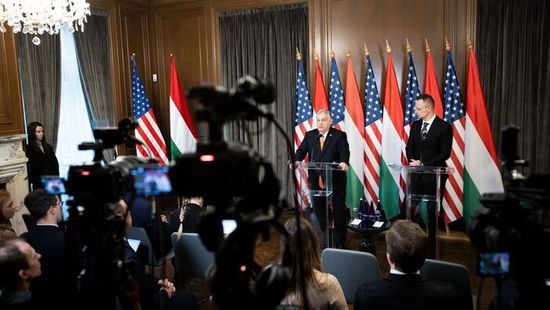
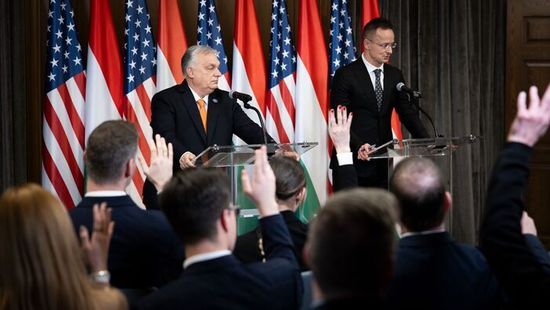



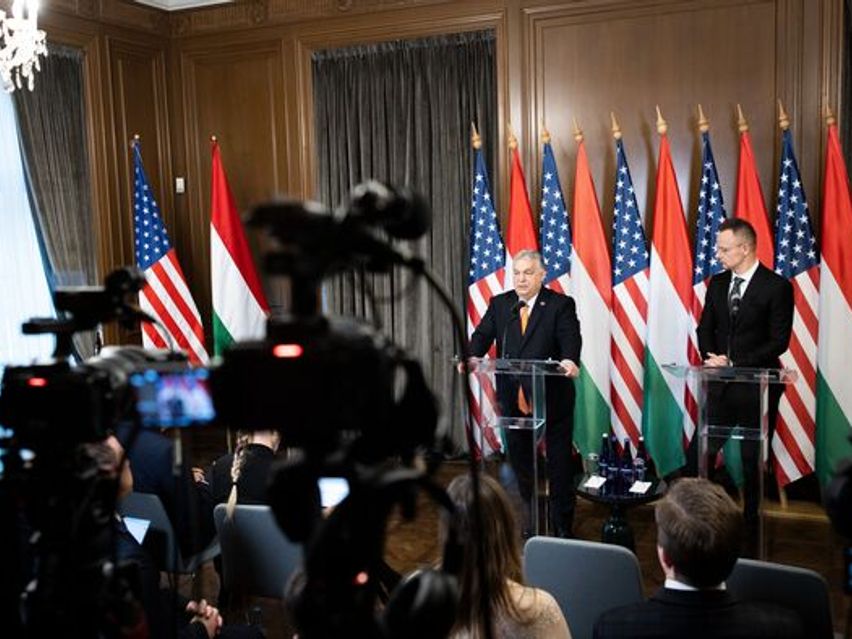
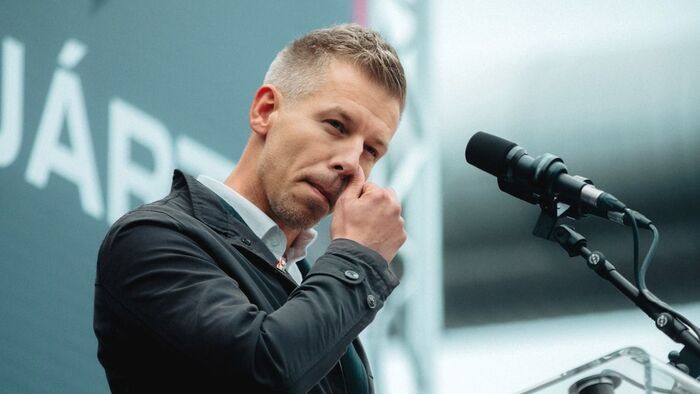

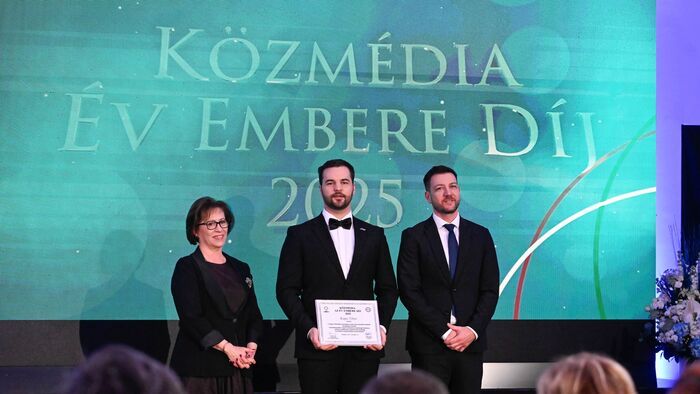
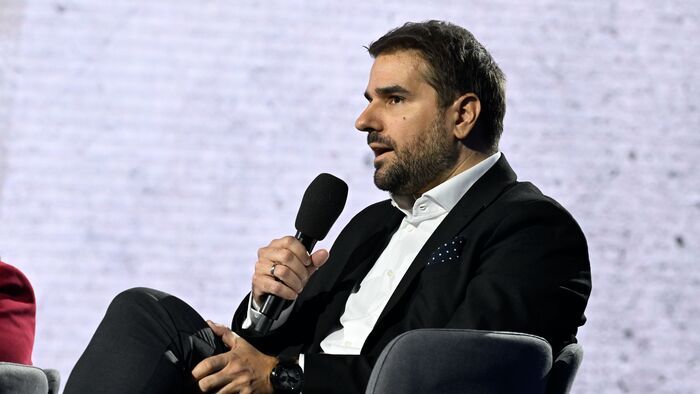
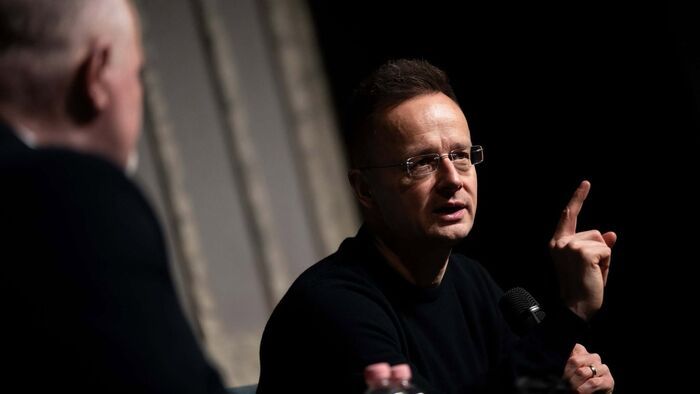
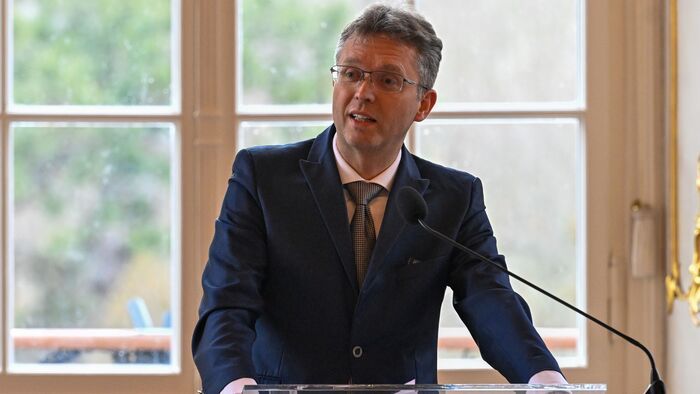
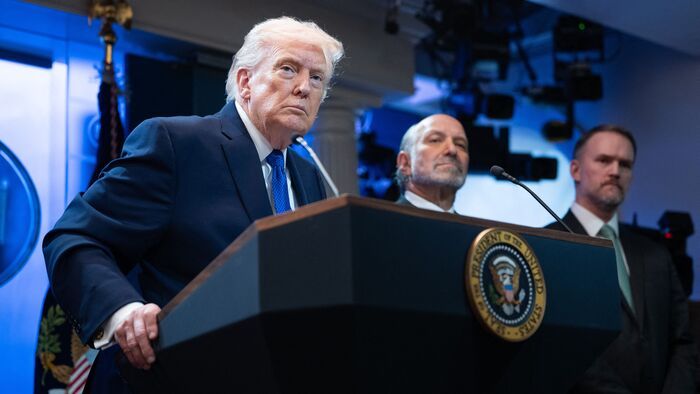

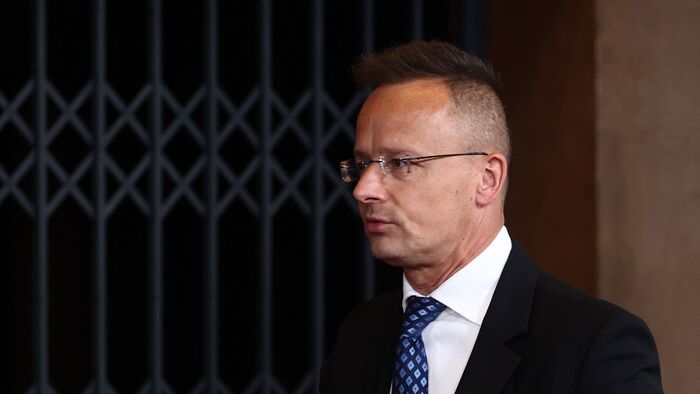


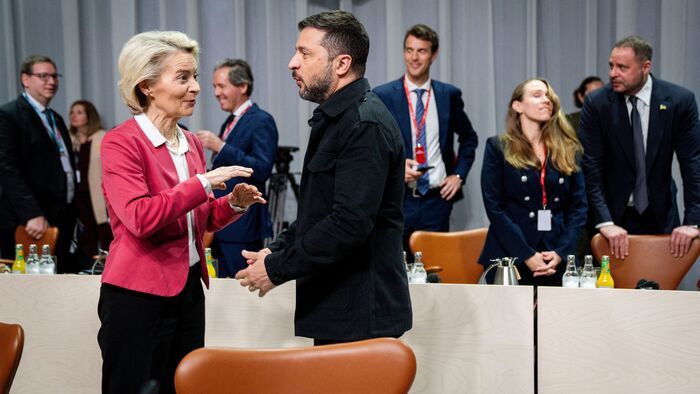
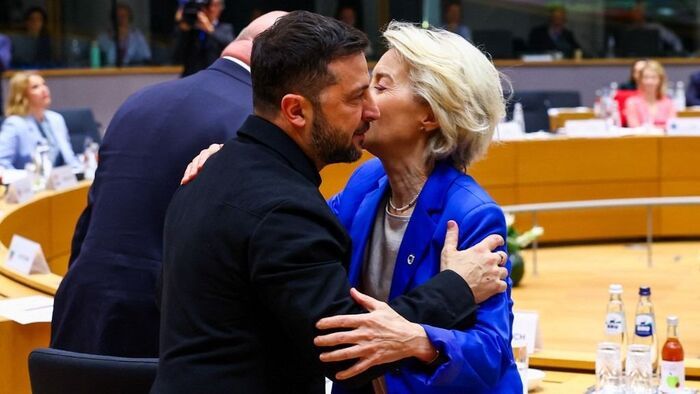

Szóljon hozzá!
Jelenleg csak a hozzászólások egy kis részét látja. Hozzászóláshoz és a további kommentek megtekintéséhez lépjen be, vagy regisztráljon!